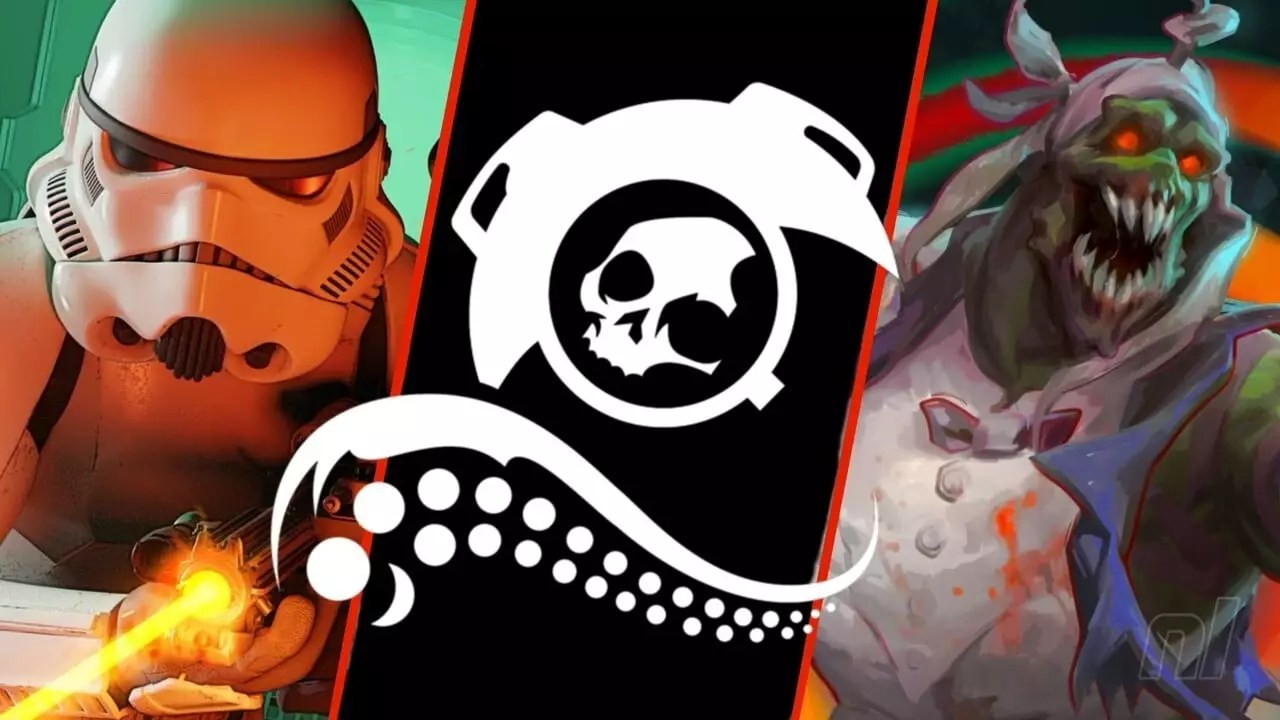The world of video games is often characterized by rapid evolution and groundbreaking advancements. However, for many younger gamers, the titles that defined the 1990s and early 2000s can seem antiquated, burdened by clunky controls and pixelated graphics. As a child of this era, I find deep nostalgia in these early three-dimensional games. They ushered in a new age of gaming, capturing imaginations albeit with limitations that seem laughable today. Yet there’s a beauty in their simplicity, and studios like Nightdive are working diligently to resurrect these relics of gaming history for contemporary audiences.
Founded in 2012, Nightdive Studios has made a name for itself by revamping early 3D games and breathing new life into them. This small, dedicated team has successfully enhanced numerous titles from the ’90s and ’00s, taking advantage of today’s advanced graphics and gameplay mechanics. By revamping classics like *Turok*, *Quake*, and *Doom 64*, and even more obscure titles like *Killing Time*, Nightdive has carved out a niche that appeals to both nostalgia seekers and younger players curious about the origins of modern gaming.
2024 has potentially marked Nightdive’s most prolific year yet, as they celebrated the release of five games, a feat impressive even against larger companies with significantly bigger resources. Their recent offerings—*Star Wars: Dark Forces Remaster*, *PO’ed Definitive Edition*, a revamped *Doom* series, *Killing Time: Resurrected*, and *The Thing: Remastered*—showcase a combination of beloved franchise revivals and hidden gems that many players might have missed. This mixture not only caters to different gaming tastes but also creates room for exploration in the world of retro titles.
Despite its impressive output, Nightdive is a modest-sized company, composed of about 40 employees. The studio’s CEO, Stephen Kick, acknowledged the challenges that come with such rapid growth, especially as interest in reviving classic games expands. On a recent livestream, Kick noted the influx of project requests that his team has received, leading to a situation that could be described as a “good problem.” The development costs at Nightdive remain manageable, indicating that the studio can continue to produce high-quality remasters while also maintaining a lean workforce.
It’s worth highlighting that while Nightdive thrives on taking on numerous projects, the remastering process is far from simple. Developers must navigate the intricacies of modernizing gameplay without losing the essence of what made the original games special. Thanks to their KEX engine, Nightdive can enhance these titles, resulting in smoother performance and visually appealing graphics that cater to modern standards.
Gaming has never been just about graphics or gameplay; it’s about the memories and experiences tied to the titles we played. Nightdive feels compelled not only to enhance these experiences but to preserve them for future generations. Each remaster is done with care, ensuring that the improvements—be they graphical fidelity or gameplay mechanics—do not compromise the original identity of the game. This commitment to authenticity is exactly what makes Nightdive stand out among its peers.
For instance, the remastering of *Doom* and *Doom II* is notable because it integrates fresh content while still being rooted deeply in the original game’s framework. Features such as 60fps performance and the ability to customize visuals allow players to engage with the games in a way that feels fresh, yet familiar. The balance Nightdive strikes between nostalgia and innovation exemplifies their mission as guardians of gaming heritage.
As we look toward the future, Nightdive Studios exemplifies how revitalizing vintage games can bridge generations of gamers, introducing younger audiences to their predecessors’ profound impact on the industry while giving long-time fans a trip down memory lane. Their work highlights an essential aspect of gaming culture: the importance of revisiting and preserving the past.
As the gaming landscape continues to evolve, studios like Nightdive highlight the possibilities of merging tradition with innovation. Their remarkable achievements in 2024 pave the way not only for a thriving retro gaming sector but also for the potential expansion of what retro remastering can achieve. With Atari’s support following their acquisition, the prospects for Nightdive’s growth look promising. Looking ahead, I am eager to see the types of titles they will bring back to life and what innovative ideas they will implement to keep the essence of these classics alive. The revival of the past undoubtedly offers hope and curiosity for the future of gaming.


Leave a Reply